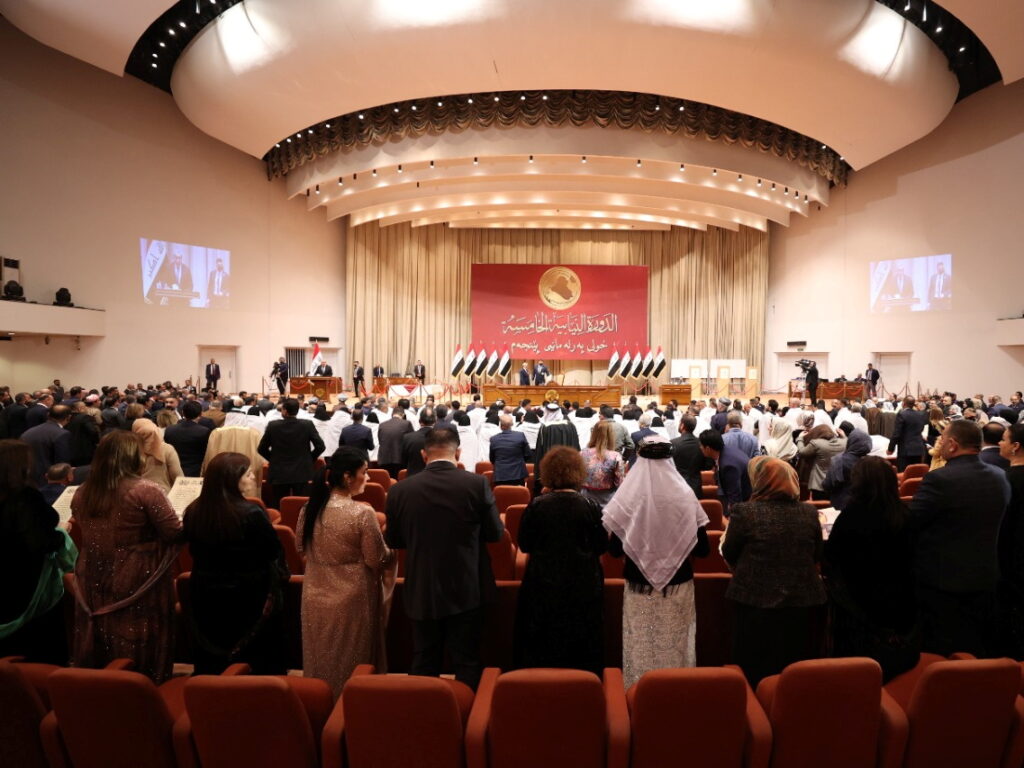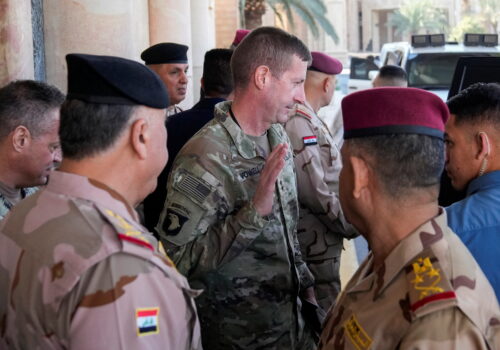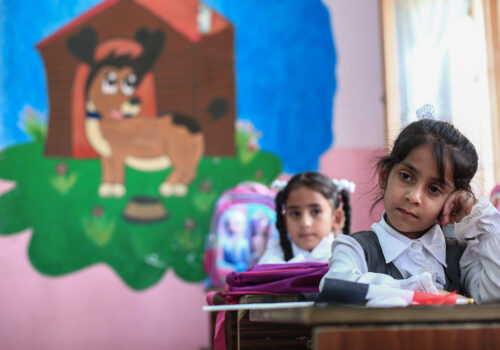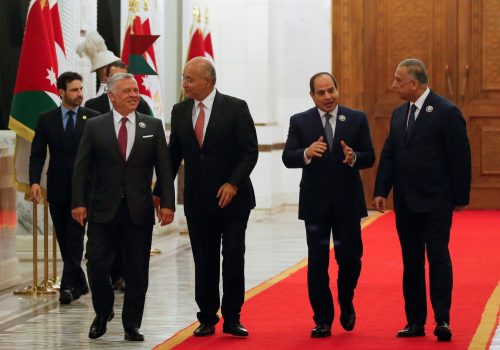Iraq’s 2024 budget: Not what it appears when it first meets the eye
Iraq’s recent budget update is far more complex than it appears on the surface. In June, the Iraqi Council of Representatives (CoR) approved the country’s 2024 expenditure and revenue tables, a necessary adjustment for the unique three-year budget approach initiated in 2023. Though the three-year budget approach was intended to serve as a forward-looking financial framework for 2023-2025, in practice it has amounted to a single-year budget repeated annually, rather than a fully integrated multi-year forecast. As a result, the 2024 tables reveal projected spending of 211.9 trillion Iraqi dinars (about $162.9 billion), anticipated revenues of 147.8 trillion dinars (around $123.2 billion), and a deficit of 64.0 trillion dinars (roughly $49.3 billion). These figures mark a slight year-over-year increase in both expenditures and revenues while maintaining a nearly unchanged deficit—though this consistency may be misleading.
This report authored by Ahmed Tabaqchali, an investment strategist with extensive experience in Middle Eastern markets, delves beneath the surface of Iraq’s budget framework, uncovering how the 2024 tables both mirror and diverge from their 2023 counterparts. In essence, the budget’s three-part examination sheds light on a disconnect between the projected fiscal stability and the structural challenges in Iraq’s budgetary approach. The first part of the analysis highlights visible contrasts between the two years, while the second scrutinizes underlying realities that reveal why the numbers may not tell the whole story. Finally, the report explores the implications for Iraq’s fiscal future and asks what adjustments might be necessary for a more reliable, sustainable budget path.
This nuanced look reveals how Iraq’s evolving budget strategy reflects broader challenges in fiscal governance and economic planning.
Related content

The Iraq Initiative provides transatlantic and regional policy makers with unique perspectives and analysis on the ongoing challenges and opportunities facing Iraq as the country tries to build an inclusive political system, attract economic investment, and encourage a vibrant civil society.
Image: Iraqi lawmakers attend a parliamentary session to vote on the federal budget at the parliament headquarters in Baghdad, Iraq, June 11, 2023. Iraqi Parliament Media Office/Handout via REUTERS


